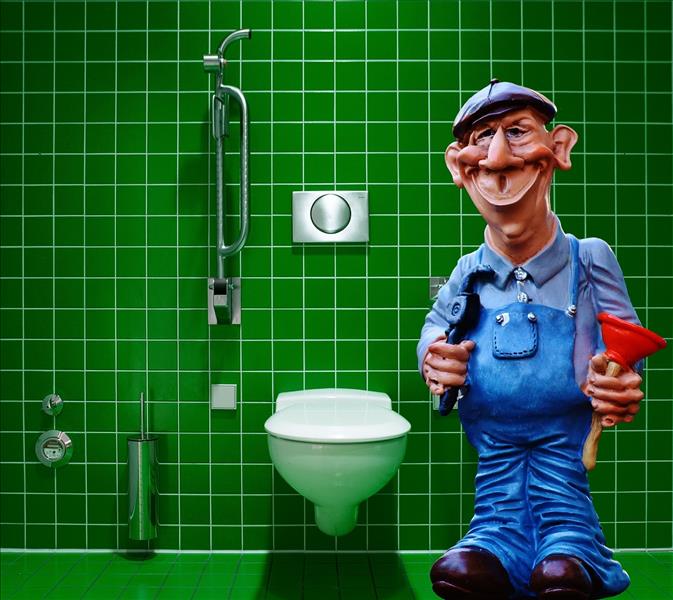3 Tips on Sewage Clean Up
10/12/2022 (Permalink)
What To Know About Cleaning Up a Sewage Backup
When a home in our servicing area experiences a sewer backup, it is suggested that you call SERVPRO of Southern and Central Jefferson County immediately. This is highly recommended because specific standards should be met when cleaning sewage material. Here is what you may want to know about cleaning up a sewer backup in a home or business.
- Sewage is Called Black Water
One thing to remember about sewer backup from a flooded toilet is that it is categorized as black water. This category is used to classify any water that may have had to contact with harmful materials such as fecal matter. There are standards for dealing with this type of water designed to help avoid the spread of these contaminants and bacteria.
- Following Safety Procedures is Important
Following safety standards when performing cleanup from a sewage backup is essential. This includes wearing proper safety gear such as boots, coveralls, gloves, and masks. It is also vital to ensure that no sewage material is tracked to unaffected locations to avoid the spread of bacteria.
- Professionals Should Handle the Restoration
Any time sewage is involved, a professional must be called. A restoration business will have the tools, training, and standard knowledge to handle any cleaning and repair as quickly and safely as possible. A restoration team should also be able to decontaminate the space and check for any related damages resulting from sewage flooding.
When performing a sewer cleanup, it’s highly recommended to contact a professional for help, as these professionals have the training and tools for safely performing a cleanup. Sewage is considered black water, and all safety precautions should be observed when dealing with this material to help avoid the spread of bacteria. If you have any questions, please contact us at 636-467-5444.



 24/7 Emergency Service
24/7 Emergency Service
